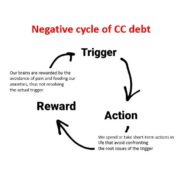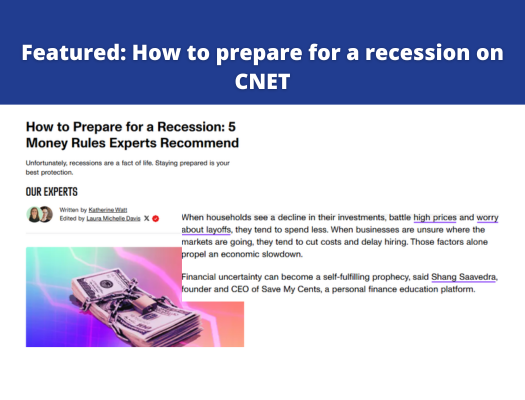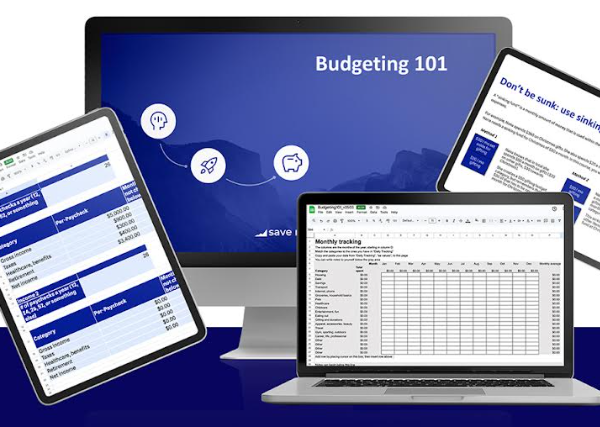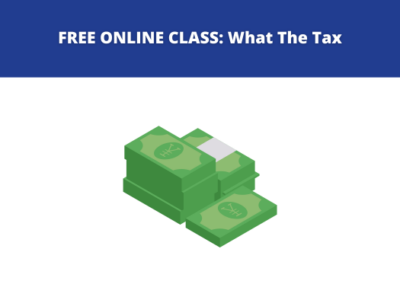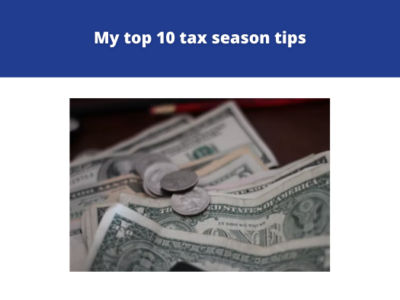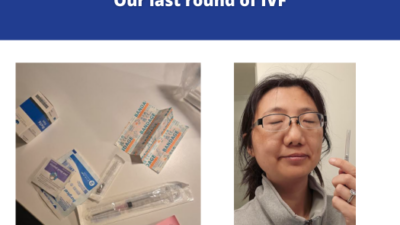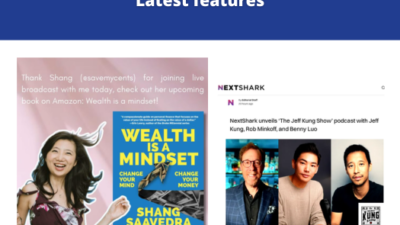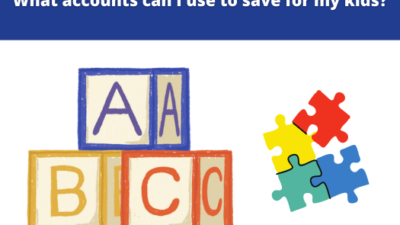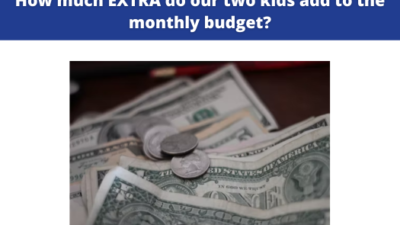In the United States, the 401(k) is the most popular employer-sponsored plan available for Americans to save and invest for retirement, while saving on taxes. Not only that, it has been shown that if an employer encourages automatic paycheck deductions, it boosts participation rates AND encourages people to increase their deductions to higher rates, helping build wealth for all (source: HBR).
However, for many years, running a 401(k) plan for a company was difficult, expensive, leaving many employees of small businesses out of a path towards wealth – nearly 33% of the working population. Not only that, it made working for a startup / small business less attractive for a potential employee, because a 401(k) as a perk was not available.
In late May 2020, Human Interest announced that they had raised another $10M in a series C round of funding. I was very lucky in that I got in touch with co-founder and current board member, Roger Lee, to hear his perspective on how he built this company from the ground up. Roger and I attended Harvard College together and met when we both worked for the business division of our school newspaper, The Harvard Crimson. I’m very excited to share his inspiring story of entrepreneurship, hustle, and immigrant mentality and how your small business can finally get access to a low-cost, easy to maintain 401K.
=====

Q: For the uninitiated person, can you describe Human Interest in a few phrases? Who does Human Interest benefit?
Human Interest is a digital 401(k) provider for small businesses. Companies can set up a 401(k) plan in just a few minutes and automate almost all of the ongoing administration, at less than half the cost of traditional providers. Employees can start saving for retirement in just a few clicks, and benefit from low investing fees and automated investment advice that helps them manage a diversified portfolio that suits their individual circumstances.
Q: Roger, you and I met via the business board of the Harvard Crimson way way way back when. Can you tell us briefly how your journey evolved from graduating Harvard right up to founding Human Interest?
After graduating Harvard, I co-founded a startup with a few friends from Yale called Thunder. The company makes design software that helps brands and ad agencies produce and test their digital ads. Over the course of 6 years we moved the company from New Haven to San Francisco, grew the team to 60 employees, and reached profitability.
I left Thunder in late 2014 (my co-founders are still running the business) and in 2015 I started Human Interest, a digital 401(k) provider for small businesses.
Q: How did the idea for Human Interest come about?
I had been interested in personal finance for some time before starting Human Interest, dating back to high school. As teenagers, my friend and I created 3 of the top 10 most visited websites on the Internet by teens in 2003. We hadn’t initially set out to build a business, but ended up fielding interest from advertisers that wanted to reach the audience of several million teens we had amassed. From those efforts, my friend and I found ourselves in the fortunate position of making a meaningful amount of income as teenagers (with virtually no living expenses!). Not wanting to waste those earnings, I started to learn how to save and invest the money for when I was older. I’ve been passionate about personal finance ever since!
Fast forward to the early days of Thunder — I wanted to offer a 401(k) plan to our employees, because I knew how important it was to invest for retirement (also, I thought it’d be tough to recruit employees without a 401(k), given that it was a standard benefit at all bigger tech companies). I naively assumed I could go online, click a few buttons, and our company would have a 401(k) benefit.
I was shocked to learn just how much more complicated it would be! I realized that setting up the 401(k) plan alone would require multiple months of paperwork, phone consultations, and complicated decisions about plan design. And that wasn’t all — once the 401(k) was set up, I (or someone at the company) would be responsible for hours of manual 401(k) administration every month. Ongoing tasks included transferring information between our payroll system and our 401(k) system every pay period, compliance monitoring and government filings, handling employee enrollment, distributing legal notices, and more. What a hassle!
Sadly we concluded that Thunder was “too small” to get a 401(k) plan — my co-founders and I didn’t have any capacity to add 401(k) administration to our already-long list of responsibilities. And unlike bigger companies, we didn’t have an HR or Finance team to delegate this to. I was embarrassed that for years our company didn’t offer a 401(k).
I later learned that we weren’t the only ones with this problem — only 14% of small businesses under 100 employees are able to offer a 401(k)! As a result, over 40 million Americans (33% of the working population) don’t have access to a retirement plan.
I decided to start Human Interest to solve this problem. My belief was that we could build technology that makes it possible to set up a 401(k) in minutes instead of months, and that we could automate away all of the ongoing administration. In doing so, I hoped was that more small businesses would be able to offer a 401(k), and that many more people would be able to get on the right track in saving for retirement.
Q: Let’s go back to your childhood. How influential was your upbringing and / or your parents on how you view finance and money today?
My parents immigrated from Taiwan to the United States as students, and have always carried an immigrant mentality and a frugal mindset.
My parents set me up with a bank account when I was a kid. They took me on regular trips to the bank to deposit my allowance, and I would be able to see in my physical passbook how much my account was growing and the interest it was earning.
When I started earning an income as a teenager from my internet business, I resisted the temptation to buy a car or make frivolous purchases. The most expensive item I remember buying was a $250 set of surround sound speakers. In hindsight I sometimes wish I put the money towards more fun things! But the thought never crossed my mind, because of the example my parents set with how they spent their own money.
Q: What is something you wish every American small and medium businesses should know about 401(k)s?
Many small business owners I talk to assume that it’s too time-consuming or expensive to offer a 401(k) plan. I reached the same conclusion myself when I researched the options a few years ago.
But, with Human Interest, this is no longer the case. There’s now very little reason for a small business not to get a 401(k). And there are huge benefits! Small businesses that offer a 401(k) gain an advantage when it comes to recruiting and retention, and can help their employees feel more financially secure about their future. Of course, small business owners themselves can also save in the 401(k) as participants, and reap the valuable tax benefits.
Q: It must have been very difficult to build this business. What would you say was the hardest part about scaling the business and when was there an “aha” moment that helped you break through the challenges?
One of our earliest challenges was trying to acquire our first few customers 5 years ago. I remember being on sales calls with small business owners that started out really promising, but quickly turned south when they asked me questions about the maturity of our business. They’d ask me questions like, “How long have you been in business?” (1 month), “How many employees do you have?” (2 people), “How many customers do you have” (you…wouldn’t be the first one?).
After calls like that ended, I thought for sure I had lost the deal. But, I was surprised by how many of them followed up saying they still wanted to sign up as a customer! I knew then that Human Interest must be solving a real pain point because these businesses were willing to overlook so much to use our service. It turns out they really wanted to get a 401(k) plan and saw Human Interest as the only viable way to do it.
Q: You are now a dad of two, congratulations! How does becoming a father influence the way you think about personal finance now?
Thanks! My wife and I have a 3-year old boy and a 3-month old baby girl. Besides diving into topics like 529 college savings plans for the first time (a topic I hadn’t paid attention to previously), the biggest change is that I’ve started thinking about how we can help our children form good money habits (without being too heavy-handed!).
I’m still early in the journey. If my experience trying to engage my toddler’s insatiable interest in trains is any indication, I suspect I’ll learn many new things about personal finance myself during the process.
=====
Thank you, Roger, for sharing so much about your incredible journey that started when you were a child with your own bank account. I wish you the best of luck with your journey as a father. For all those who are interested in seeing how easy and low cost it can be to set up a 401(k) for your small business, visit Human Interest for more information.

